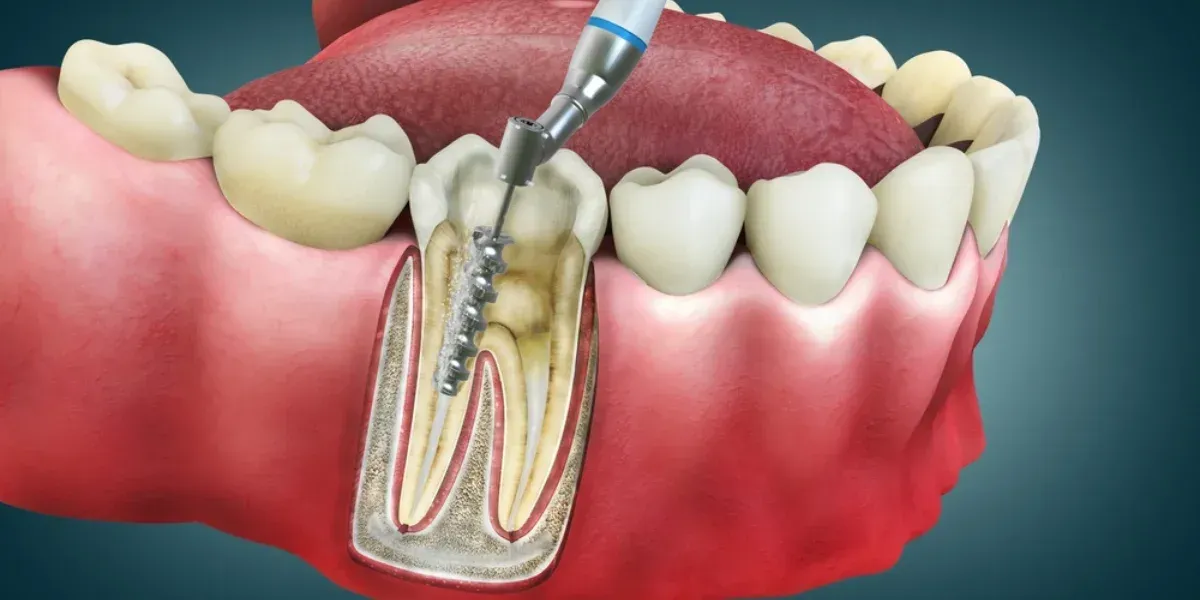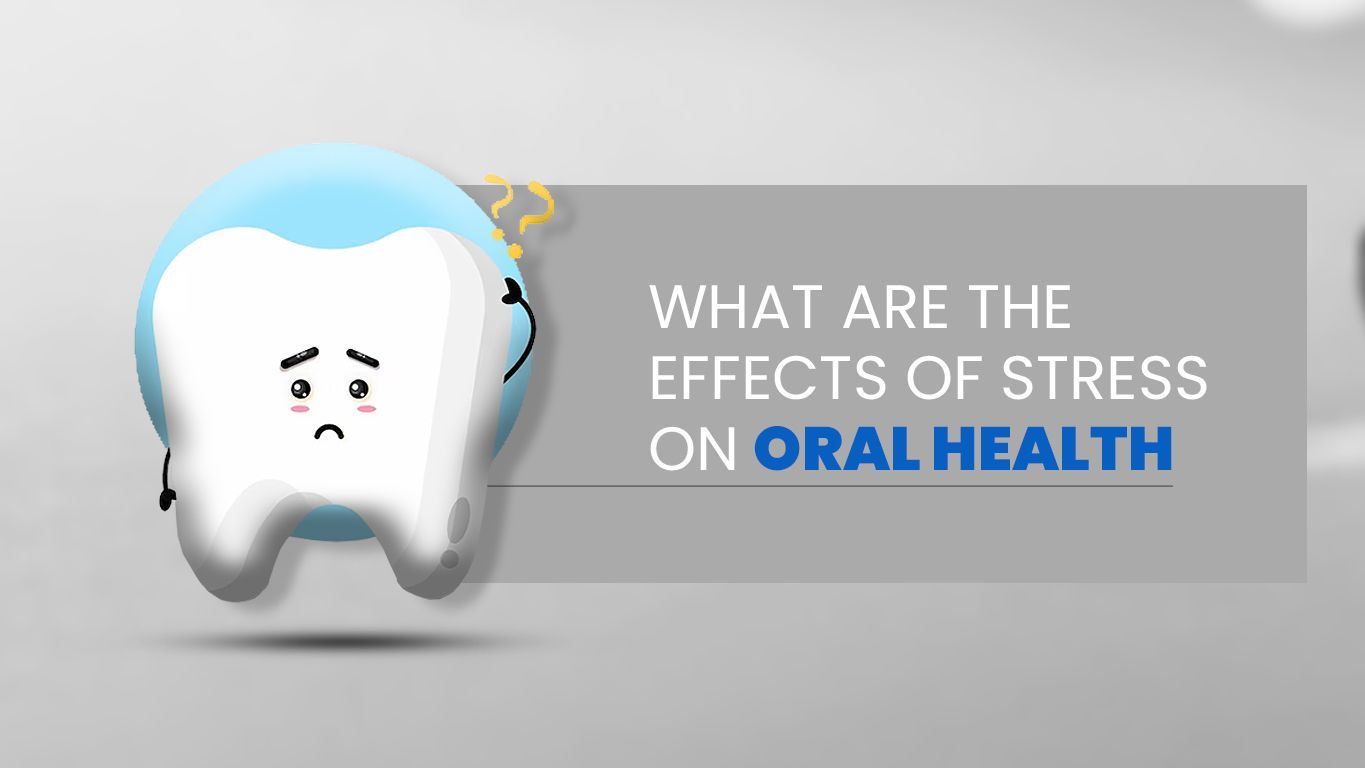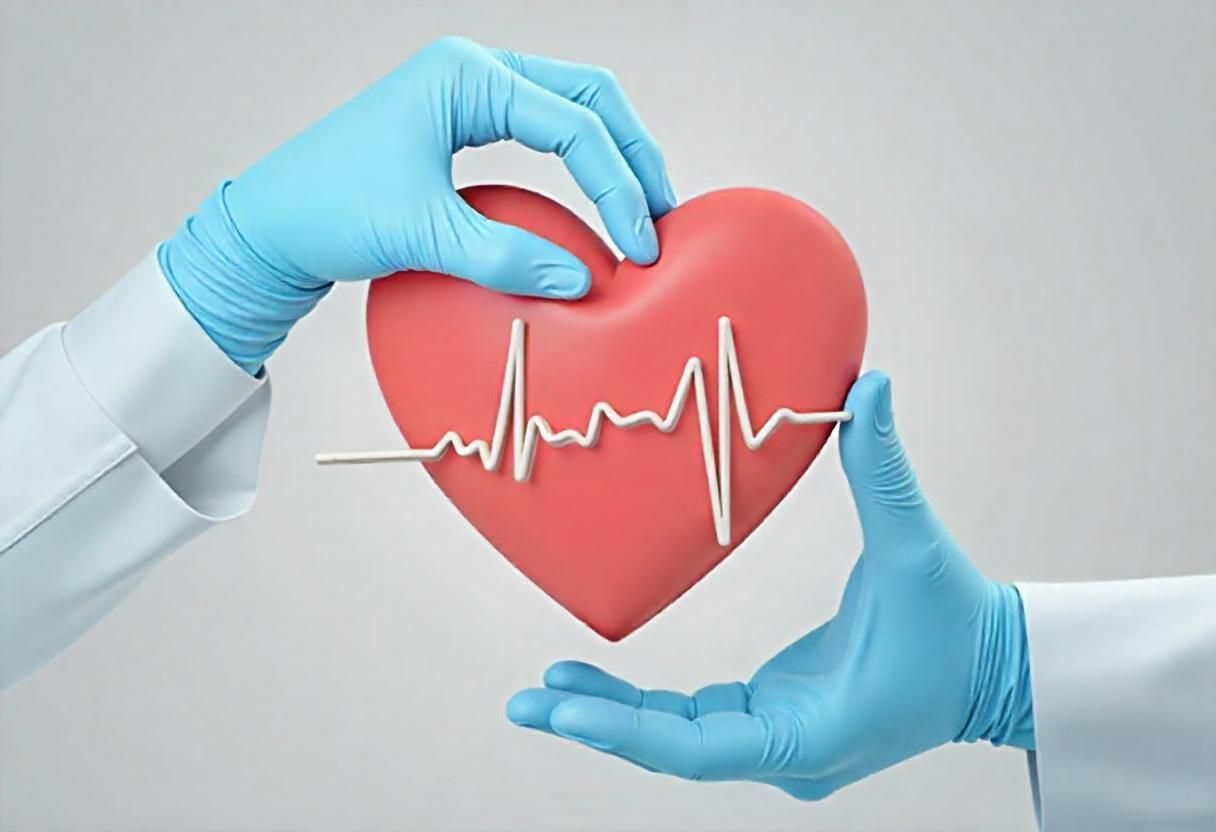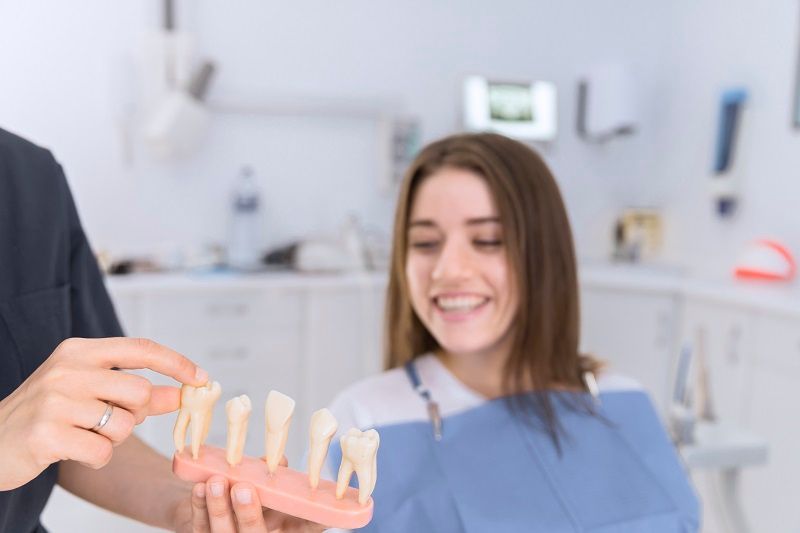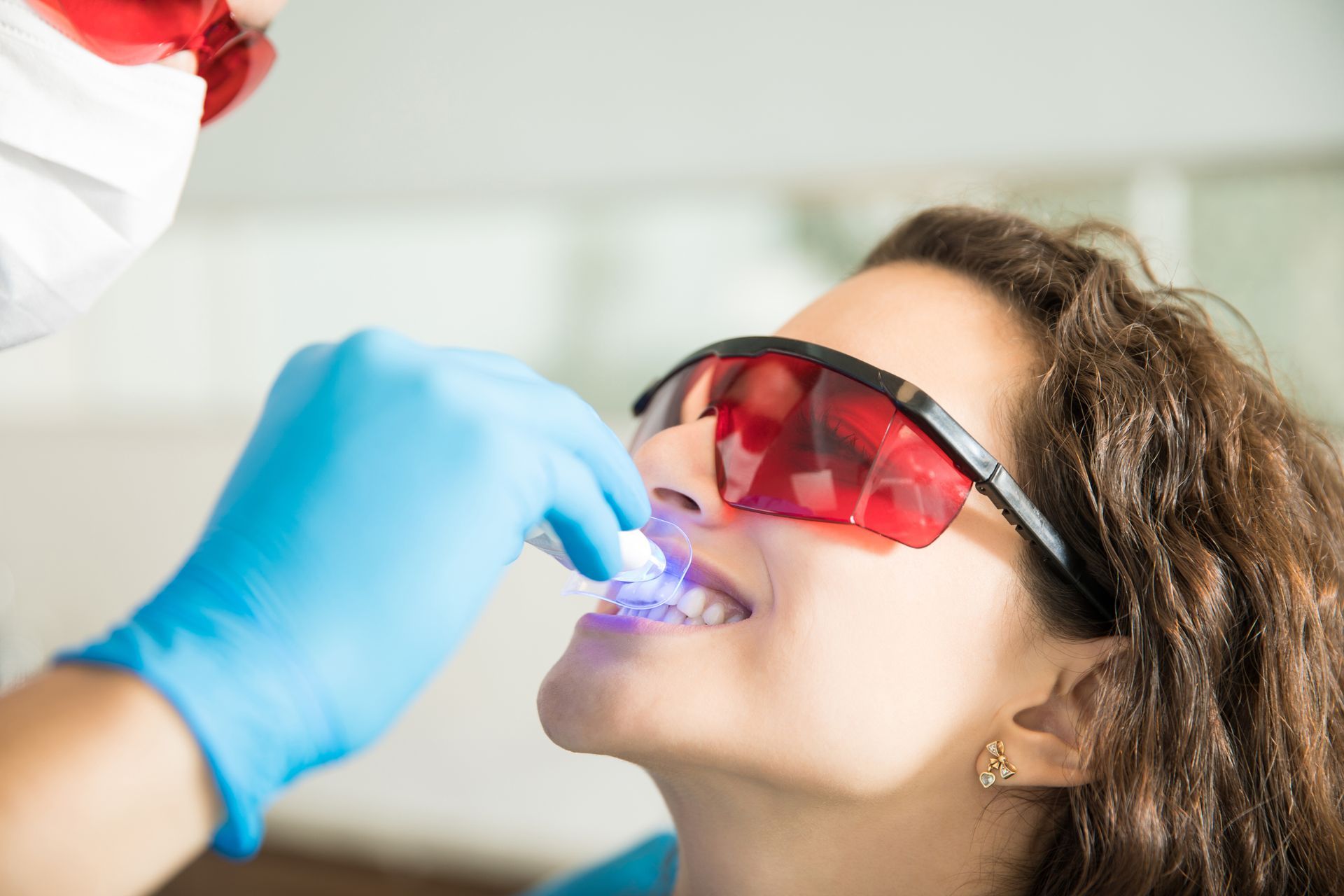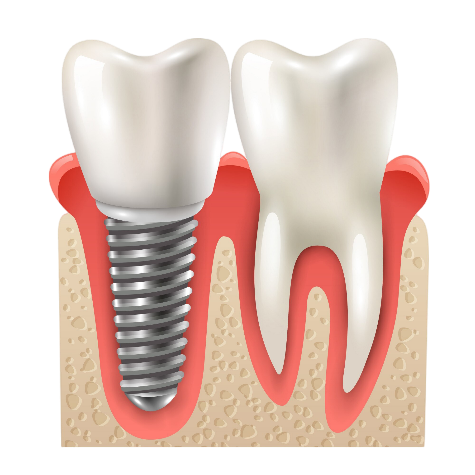This is REALLY What Causes Cavities
Cavities are caused by several different factors, but some are more prominent than others. It can be very misleading and confusing to know exactly what will put a hole in your tooth. Regardless of how it happened, if you have a hole in your tooth it needs to be taken care of.
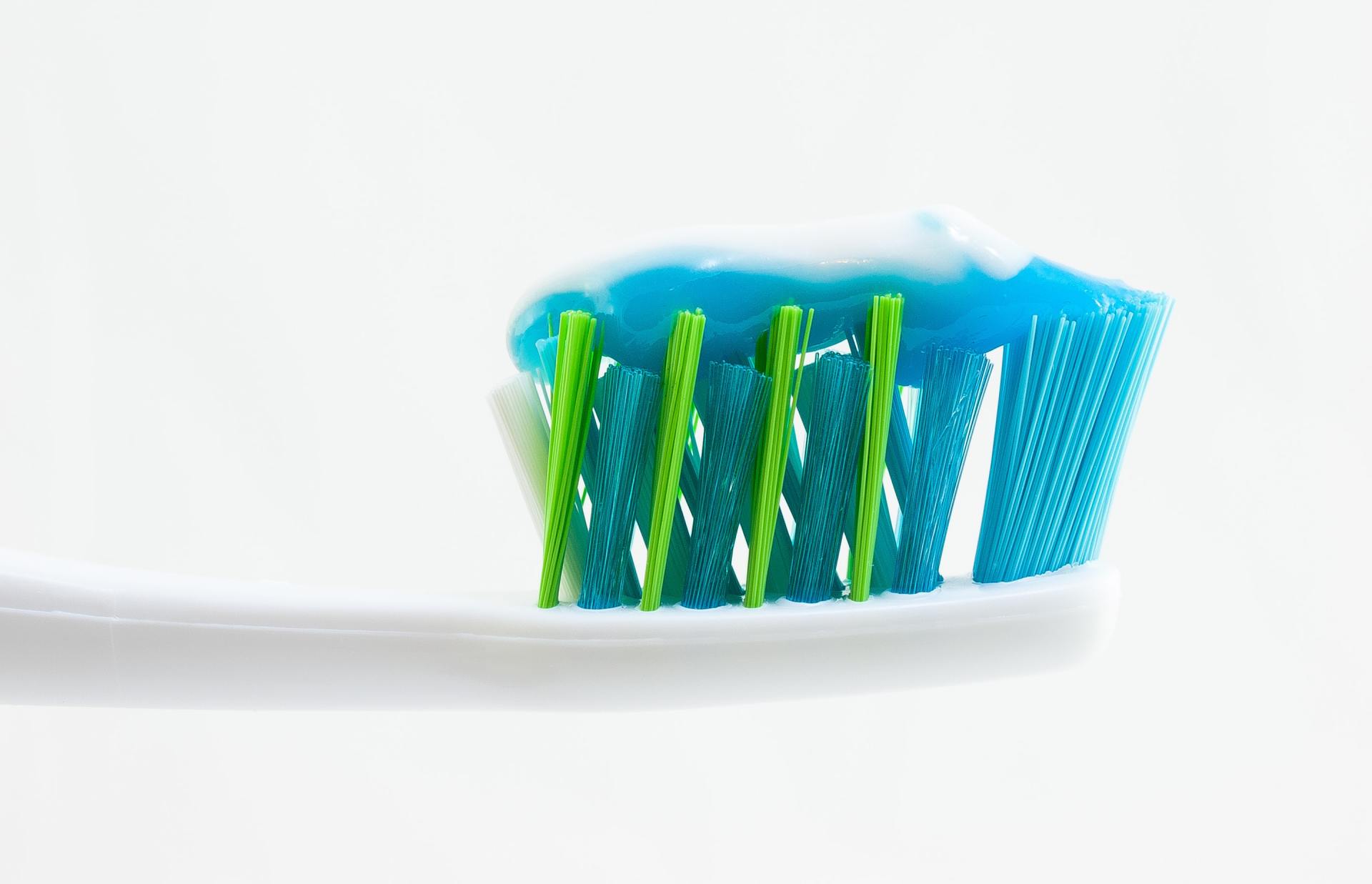
The simple answer is that a lack of oral hygiene causes cavities. Not brushing or flossing your teeth in between meals, before bed, and regularly overall leads to cavities and tooth decay.
With 9 out of 10 adults that have had a cavity, it is not uncommon to form one. Although cavities are common, they are not healthy and can be painful. Read on to learn what causes cavities, how to tell if you have one, what to do once you detect it, and ultimately how to prevent a cavity from forming in the first place.
What REALLY Causes Cavities?
Cavities are permanently damaging to the teeth. Once a cavity has started forming, there is no stopping. Unfortunately, the only way to reverse the cycle of a cavity is to inform your dentist. To stay out of the dentist chair you should know what causes cavities. This might help you dodge ever having one, to begin with.
So, what causes cavities?
- Eating and Drinking is the Number One Culprit. Food and drink that consists of carbohydrates are more prone to getting stuck in between the teeth. Food that is trapped in the teeth will assist in creating a cavity. This can only be removed by flossing or brushing.Sugary foods and beverages are more likely to stick to the teeth. The teeth become vulnerable to damage for the following 20 minutes after consuming a sugary snack, mainly because the acid will continue to build.
- Eating or drinking anything other than water before bed . If you have already brushed your teeth before lying down, refrain from late night nibbles. Letting food particles sit on your teeth overnight will give it plenty of time to form holes and begin to decay the tooth.
- Poor oral hygiene. Not brushing or flossing regularly will allow cavities to build fairly quickly. Your mouth is already full of bacteria; once the bacteria mixes with the food, it will begin to damage the tooth.
- Dry mouth. When the mouth is constantly dry, this will not allow the saliva to lubricate the teeth. Saliva keeps the mouth liquidated; the less saliva the more chance of bacteria, which will allow plaque to build up. Plaque formation is one of the many outcomes from dry mouth.
- Plaque formation . Plaque builds up quickly when the teeth are not properly cared for, and the plaque is not brushed away frequently. When sugar is left in the mouth and on the teeth, plaque will form. The plaque will then produce an acid that targets the enamel of the tooth, which will cause holes and craters.
- Bacteria formation. The mouth already has bacteria all over. That will not change. However, if it becomes too much, then the preexisting bacteria will digest anything that has not been brushed or flossed away. The more bacteria in the mouth, the more acid will begin to form, which is how holes can come about.
- Existing medical conditions . There are several pre diagnosed medical conditions that might make you more prone to getting a cavity. Some conditions consist of cancer or diabetes. If you are more susceptible to a cavity, we recommend making sure to practice extra good oral hygiene.
Holes and craters that form in the teeth come from many different factors. It can either be just one of the above listed or several joined together. Coincidentally, a lot of the causes go hand-in-hand. Therefore, if you eat late at night, you might have poor oral hygiene , which will lead to plaque and bacteria formation. The best way to prevent a cavity is to first be informed of how they form.
Signs and Symptoms You Might Have a Cavity
One of the great things about the body is that it will share with you if there is something odd going on. Whether that be a cold or a cavity, there are ways to detect what the body is trying to say. This will help you decide on the next best step, whether that be a trip to the doctor or a trip to the dentist.
Signs and symptoms might start to show up and let you know that it is possible you have a cavity. Some signs and symptoms can include:
- Sensitivity to hot or cold foods and drinks
- Toothaches
- Pain with eating or chewing
- Bad breath that will not go away
- Swelling or bleeding of the gums
- Visible holes or craters in the tooth
- Visible spots or discoloration on the tooth
The above signs and symptoms do not guarantee you have a cavity; however, it does indicate something is going on inside the mouth and jaw. It is also very possible that you might not have any signs or symptoms at all. However, if you do, we recommend calling your dentist right away to schedule an appointment.
What to Do If You Have a Cavity
If you suspect you have a cavity or something else going on in the mouth, the number one act we recommend is to call your dentist right away. A cavity is not an emergency situation. However, if you do not get a filling or a crown, then it can lead to permanently damaging your tooth, with a possibility of losing it.
If you have done the right thing and scheduled an appointment with your dentist, try these few at home remedies to help control the pain if there is any:
- Ice or cold compress to the superficial area
- Avoid eating anything that might make chewing painful
- Use a salt water rinse
If you decide to wait to call your dentist, the procedure will not be as easy. The severity of the cavity will let the dentist know how to properly heal the tooth, if possible. If you let the tooth decay enough, you risk possible extraction.
How to Prevent Cavities
Knowing what a cavity is and how it forms helps prevent them from appearing. It is definitely possible to prevent cavities, and we suggest familiarizing yourself with some of the basic and most efficient techniques.
Prevent cavities by:
- Practice good oral hygiene . This is key. Brush after each meal, if possible, use a mouthwash that consists of antimicrobial liquid, and floss regularly.
- Flossing the teeth you want to keep . Flossing at least once a day will make sure you get out the food and plaque from in between the teeth.
- Limit sugary food and drink. Although this is not subjected to just sugary foods, the sugar does impact the teeth more. Consider limiting certain foods such as:
- Soda
- Candy
- Juice
- Dried Fruit
- Ice Cream and Cake
- Maintain strong and healthy teeth. Do this by limiting alcohol consumption, caffeine consumption, tobacco use, consuming food or drink that will stain teeth, and be aware of dry mouth.
- Attend 6-month checkups with a dentist . Six months is standard, however always follow your dentist’s recommendations.
- Take Care of Your Teeth
Your teeth are an important part of your mouth. They allow you to chew and eat comfortably and easily. Along with consuming food, they are what allows your smile to shine. The nicer your teeth, the more inclined you might be to show them off. Take care of what makes you proud. Now, brush those pearly whites !

